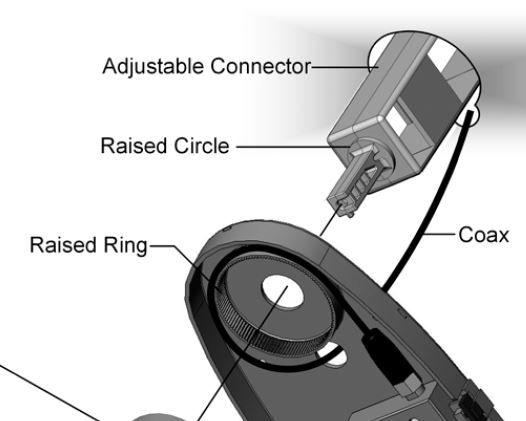burrko
Sep 01, 2016Explorer
King Jack Antenna Problems
Our MH came with a King Jack HD antenna. When coming and going in our neighborhood I would hear an occasional "ratcheting" sound. This past week while camping I found out what caused the noise. Our TV reception went out because the tree branches in the neighborhood had twisted the King Jack antenna around until the 26 gauge wire connected to the antenna head broke. I purchased a new cable from King for $12 but I am seriously considering using a regular coaxial cable instead of this 26 gauge cable from King. The coax connections would be the same and I would have the strength of the coax which is much stronger than a 26 gauge wire. I think, if proper slack is maintained for turning the head, it would work fine. Anyone out there with experience with this problem? Thanks
